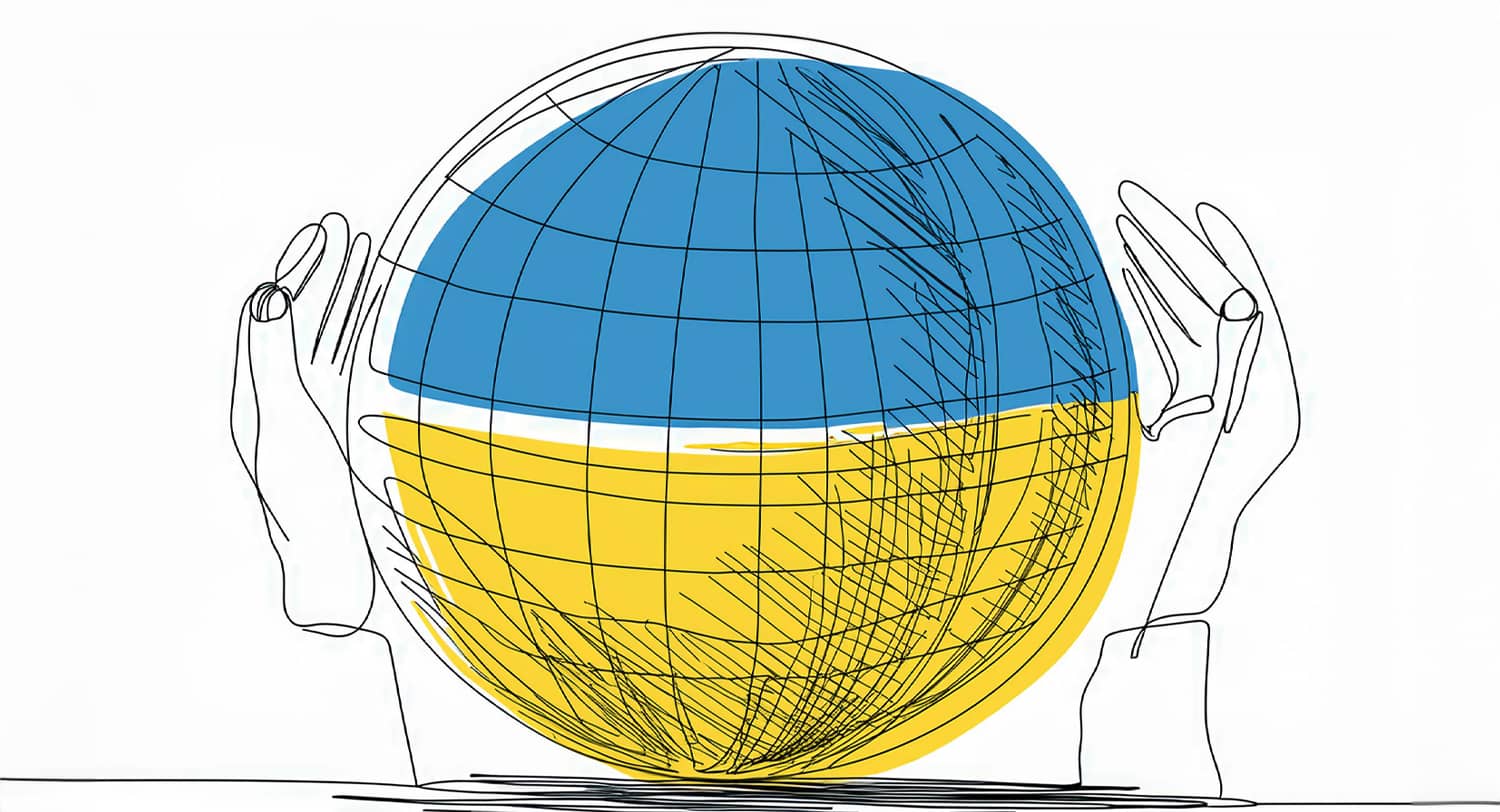The Russo-Ukrainian War is a grand battle about both the future of Europe and the principle of inviolability of borders. In addition, the war’s course and outcome can accelerate, contain or reverse broader political, social and ideological trends across the globe.
Stabilizing the International Order
A Ukrainian victory would lead to a stabilization of the rules-based international order that emerged after 1945. Several revisionist autocracies have engaged in, or are tempted to try, replacing this order with the principle of “might is right.” The Russo-Ukrainian War is one of several examples of powerful states attempting to expand their territories since the end of the Cold War.
An early post-Cold War example was Iraq’s 1990 annexation of Kuwait that was reversed by a US-led international coalition in 1991. Another example from the 1990s was Serbia’s revanchist assaults on other former Yugoslav republics once ruled from Belgrade. During this period, Russia too began creating “republics” inside the territories of newly independent states (Transnistria in Moldava; Abkhazia and South Ossetia in Georgia).
Only recently, the Kremlin turned its attention to Ukraine. In 2014, Moscow created not only “people’s republics” in Donetsk and Luhansk, but also annexed Crimea to the Russian Federation. Eight years later, Russia also illegally incorporated Ukraine’s Donetsk, Luhansk, Zaporizhzhia and Kherson regions into its official state territory.
Beijing is bending established rules of conduct in the South and East China Seas and is threatening to incorporate Taiwan by force. Venezuela has announced territorial claims to neighboring Guyana. Other revisionist politicians across the globe may be harboring similar plans.
A Ukrainian victory against Russia would have repercussions beyond Europe. It could become an important factor in preventing or reversing international border revisionism and territorial irredentism.
Reviving the Spread of Democracy
If Ukraine is victorious, the international alliance of democracies wins and the axis of autocracies supporting Russia loses. In this scenario, not only will other democracies become more secure, self-confident, and energized. It is likely that more democracies will appear – above all, in the post-communist world from Eastern Europe to Central Asia. Diffusion, spill-over, or domino effects could also trigger democratizations elsewhere. Conversely, a Russian victory will embolden autocratic regimes and anti-democratic groups throughout the world.
Inspiring Reform and Innovation
A third, underappreciated aspect of Kyiv’s contribution to global progress is the spread of institutional and technological advances arising out of the war which can be applied elsewhere. Since 2014, Ukraine has decentralized its governance structure leading to the creation of independent municipalities. Also in 2014, Ukraine, Moldova and Georgia signed EU Association Agreements that go far beyond older foreign cooperation treaties of the Union and include “deep and comprehensive free trade areas” between the EU and the three countries. These and other regulatory innovations provide reform templates, institutional models, and historical lessons for other current and future transition countries including those not in the post-Soviet space.
Ukraine’s war-related technological innovations are also of interest to other states – not least the members of NATO. Since 2014, Moscow has attacked Ukraine with irregular and regular forces, in media and cyber spaces, within domestic and international politics, targeting infrastructure, economy, and cultural, religious, educational and academic institutions. Ukraine has responded, inter alia, with a variety of unmanned flying, swimming and driving vehicles with the help of artificial intelligence. In a wide variety of military and dual-use technologies, Ukraine had to innovate rapidly and effectively so as to withstand the Russian assault.
In fields such as electricity generation and preservation, electronic communication, war-time transportation, information verification, emergency medicine, large-scale demining, post-traumatic psychotherapy, or veteran reintegration, to name but a few areas, the Ukrainian government and society have had to react speedily and resolutely.
Conclusion
The Russo-Ukrainian war is only one expression of earlier and independently accumulating international tensions. At the same time, it is no trivial manifestation of these larger trends in world affairs. A Russian victory over Ukraine would have grave implications not only for the post-Soviet region, but far beyond it. Conversely, a Ukrainian success in its defense against Russia and the achievement of a just peace will have stabilizing and innovating effects far beyond Eastern Europe.

